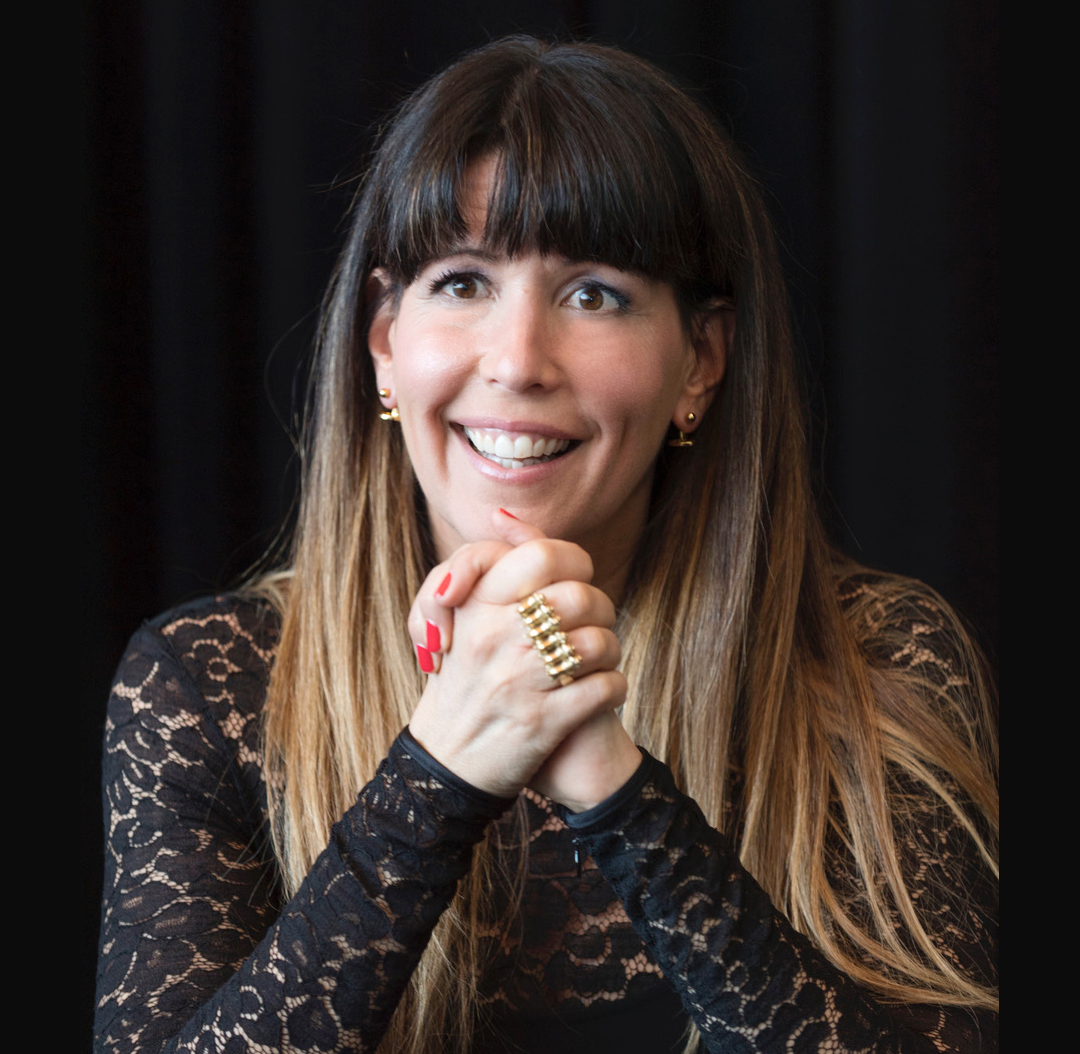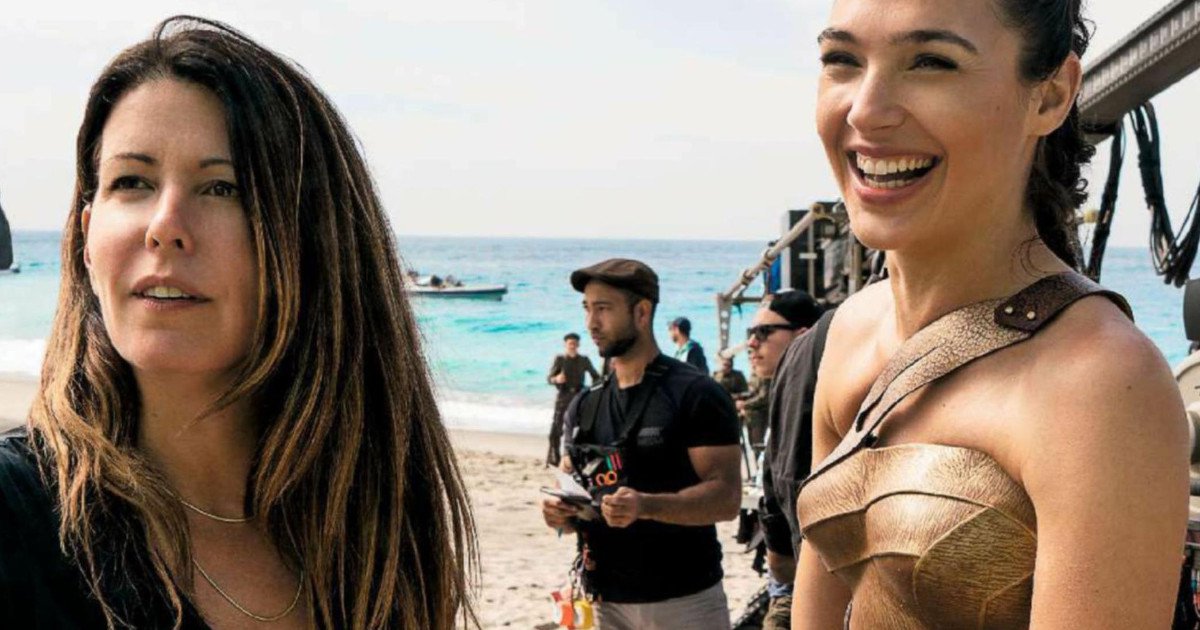
- Industry
Patty Jenkins: a Wonder Woman Behind the Camera
“I felt more experienced and more correct for the job than many people before me.” Notes Patty Jenkins, the director of Wonder Woman, which has already garnered $573 million world wide and established itself as benchmark for female driven blockbusters. The fact that this kind of money is generated by a female action hero in a film directed by a woman has been a cause for celebration. But the woman at the center of the discourse, although grateful to Warner Brothers for green lighting a film many thought would fail, and truly moved by the appreciation women are expressing at seeing a woman succeeding on screen, is very clear that this was not a gift or an act of tokenism. “People say to me, ‘How did you take on something so big?’ Says Patty Jenkins, “I feel far more experienced than 50 other men I could name who got the chance to be the person that got this job.” “Everybody wants to talk about, ‘How did you handle the action?’ I have been intrigued by that and I have been curious as to why. I don’t know why the obsession, because that is what directing is.”
“I have shut down the Chicago River before, with helicopters, I have sunk cars in lakes. I have done all sorts of things, that I have physically not done myself, and there is no difference in shooting action. It’s like everything I have always done – you are working with experts, talking about what you want and how you are going to do it, so it has been interesting to me as to why stunts and special effects are perceived as so mesmerizingly daunting and overwhelming. Because overall this was a hard thing to direct in many ways, but it was not the hardest I have ever directed before because it was such a clear vision (and) because I felt supported.” However, she refuses to tap into the gender stereotyping. “Sometimes I feel very grateful because obviously there is some kind of bias and belief of what women are capable of. I have been oblivious to much of it because I have been on sets longer than the people on my crew so it hasn’t occurred to me. But clearly there is some sort of strange bias of what people believe people can handle, technical things in particular, they’re very mesmerized with.”
Jenkins is quick to disavow those misconceptions. When I suggest that data shows that women lead by consensus, she chuckles and says with some passion. “I do not lead by consensus at all. I am extremely open to other people’s ideas and contributions and I am very interested in the vision that they are going to be executing. My vision is open to discussion if something happens and it needs to change, but no, there is no leading by consensus. You have to be the director, and your job as the director is to field other people’s ideas. You have a vision, and a plan, and then other people come up with ideas, and then you are the one that picks and chooses. ‘This way is better.’ That is your job.” That doesn’t mean she fails to see subtle gender framing. “To me the difference is the adjective used to describe it.” She points out, ‘that a great male director who is open to the greatest cinematographer doing his good work, is not described as leading by consensus or taking somebody else’s idea. That is just what a great director does. So that is interesting to me when the descriptives are different.”
Given the debate on gender Jenkins allows, “I wish more people talked about the fact that being the director and a leader is not a reward. It is not a crown that is put on your head at the end of working for long time. It is not status. It is a job that has incredible demands. Sometimes, I feel, not just for women, but across the board, people treat directing like it is some prize. People need to understand that if you take that job, there is a job that needs to be done, just like being a mathematician, or an engineer. You are accepting the job that is unglamorous and takes great leadership skills, great discipline and great organization. Your vision and artistry is only a percentage of that; it’s 20%, the other 80% is all kinds of lifestyle management for sustaining a long-term work, organization, communication, keeping the team working well, keeping people feeling good, keeping people motivated. It’s like a massive thing on it’s own. It’s the myth of what the director is doing. It seems like a glorious reward, but it is actually a technical job.” And here she adds something that studios and producers and bankers need to embrace if change is going to happen. She pauses and then states: “But what that also means is that it is just a technical job that can be learned by anyone.” Man or woman. “But those skills have to be taken seriously.”
The director is also outspoken about kowtowing to political correctness regarding Wonder Woman’s costume. “It was an interesting dynamic because it was the exact opposite of what one would think. Warner Bros. was extremely respectful and truly wanted to do the right thing by it, while I was saying, ‘Sure I want to be respectful too, but she’s going to look hot. She’s going to be amazing. She’s Wonder Woman and this is my fantasy of what a great person can be.” She chuckles. “I found myself hilariously in the opposite situation, than would be expected, saying. ‘Look, in the same way that Batman and Superman would be more practical if they had smaller bodies but that is not your dream of what Batman and Superman look like, well, that’s not my dream of what Wonder Woman looks like either. In my dreams Wonder Woman looks amazing.” I was the one who was pushing, going, “There is no male gaze involved in this, this is me, and this is Wonder Woman, and I want her to look grand and wonderful looking and I’m not sexualizing her at all. I just want her to be that.”
That clear commitment to following her vision, rather than worrying about pleasing demographics or fearing judgement, is one of the reasons Jenkins, who has also directed television, (The Killing – the First Season – Entourage, Arrested Development) and garnered a DGA award for helming Monster, has delivered on Warner’s so-called ‘risk’ in having a woman direct the first tentpole woman super-hero film ever. And here Patty’s philosophy overlaps with that of her Amazon superhero. “You have to be ready to be part of it to make the change.” She replies when asked how women can combat inequality. “It triggers the athlete in me a little bit. The world is saying, ‘No,’ to everyone who wants to do their art, and none of us is aware to which degree it is different from one to the other. So, engage in the sport of trying.”
And now for some eagerly awaited news: there are things still to be worked out, but Patty Jenkins is working on Wonder Woman II.

On set with amazons: Patty Jenkins and Wonder Woman Gal Gadot.
warner bros.

